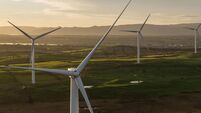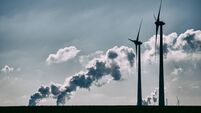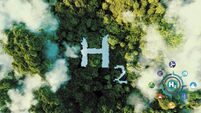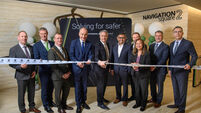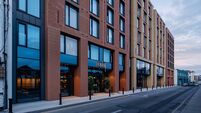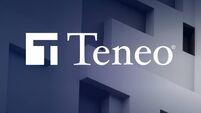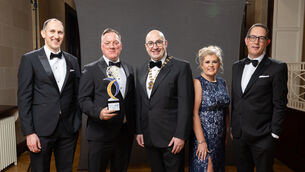EcoVision delivering for sustainability needs across local communities
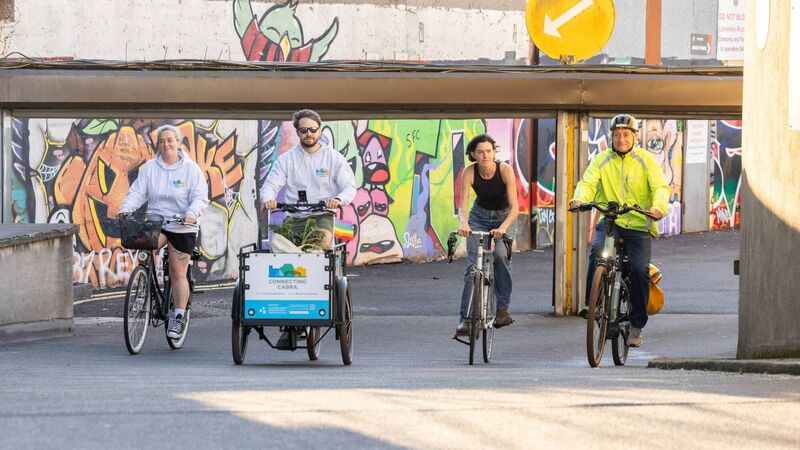
EcoVision Sustainable Energy Community (SEC) is delivering services to meet the sustainable energy needs of communities across the mid-west of Ireland.
EcoVision Sustainable Energy Community (SEC) has its roots in Ireland's first community-led local energy plan, developed by Drombane Village Group near Thurles, Co Tipperary in 2014.
Partnering with other SECs, EcoVision supports homeowners and businesses across counties Tipperary, Limerick and Clare with energy upgrades and retrofitting. The cooperative now has a team of seven staff members, including two project managers, a general manager, a finance manager and a projects team. Their work brings investment and employment into Sustainable Energy Communities while helping them meet their energy efficiency and generation goals, contributing to Ireland’s sustainable energy future.




